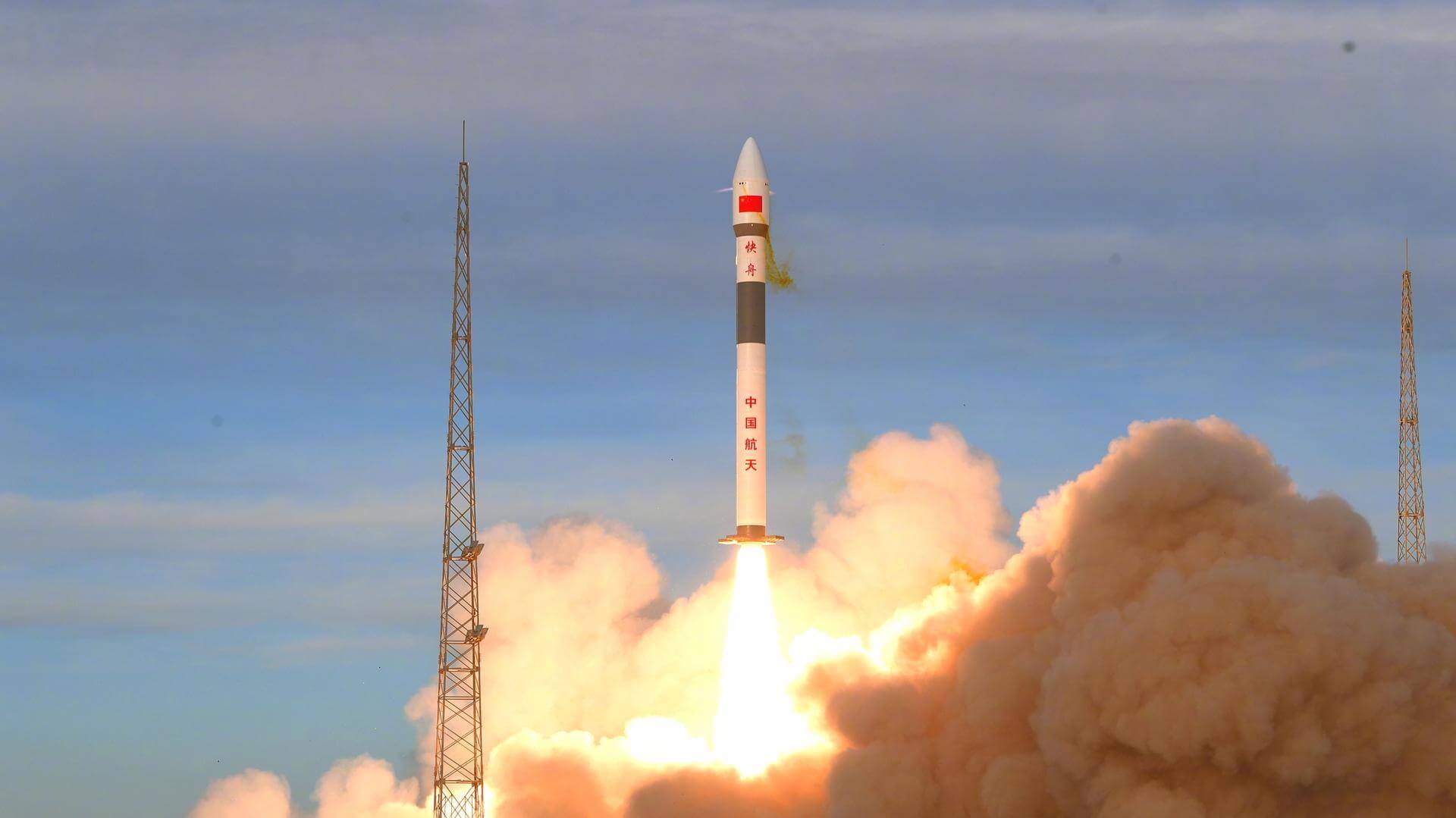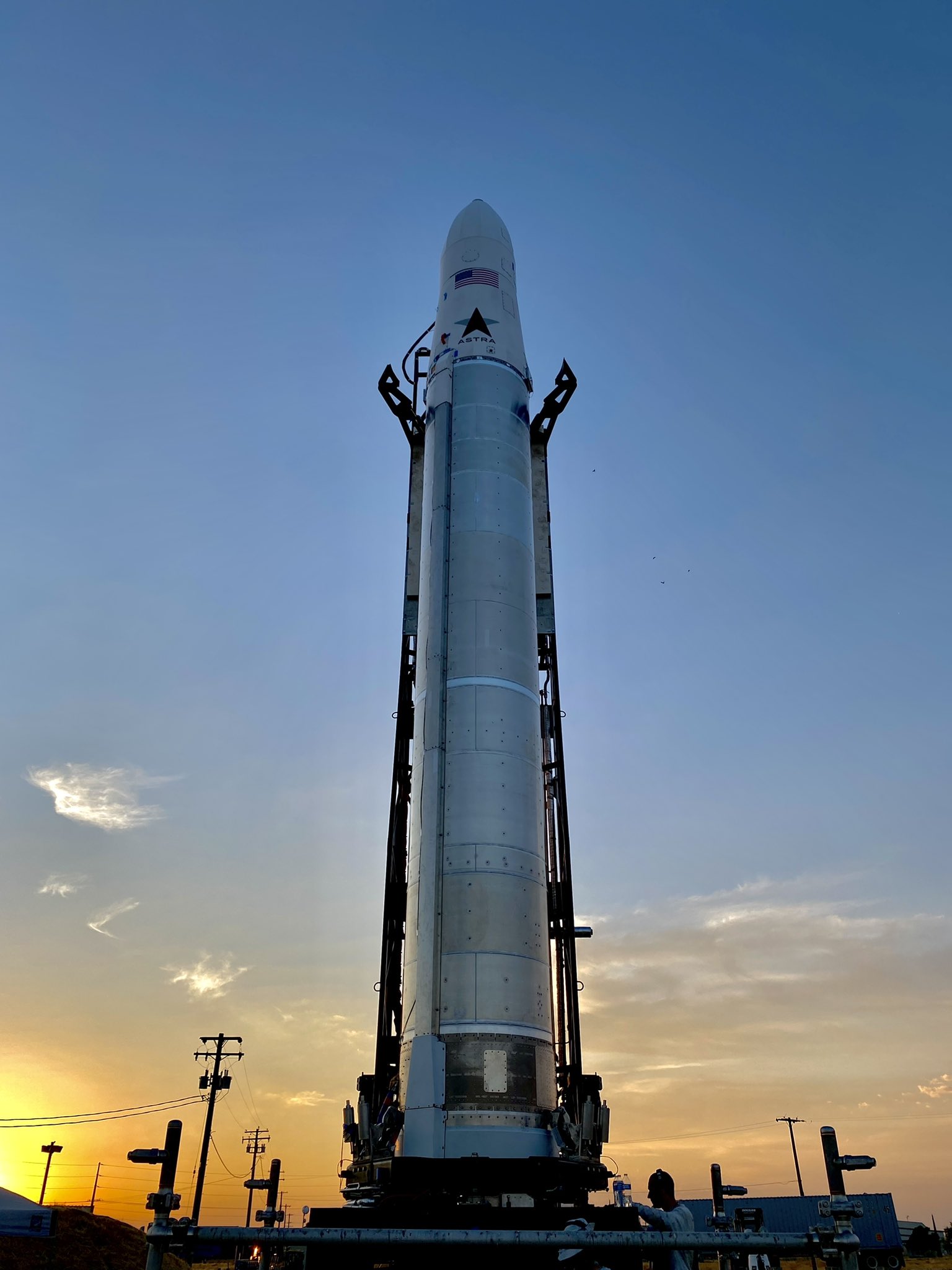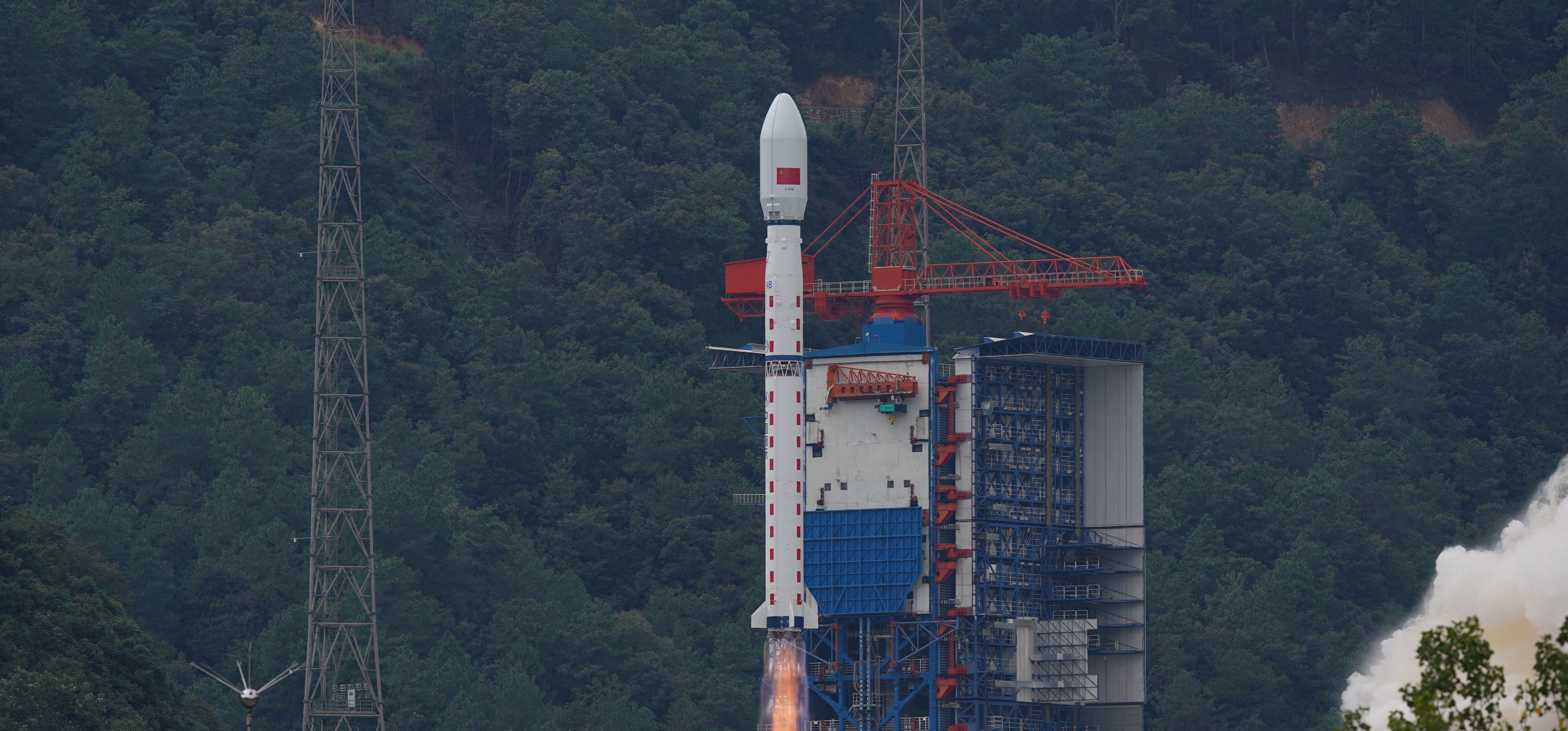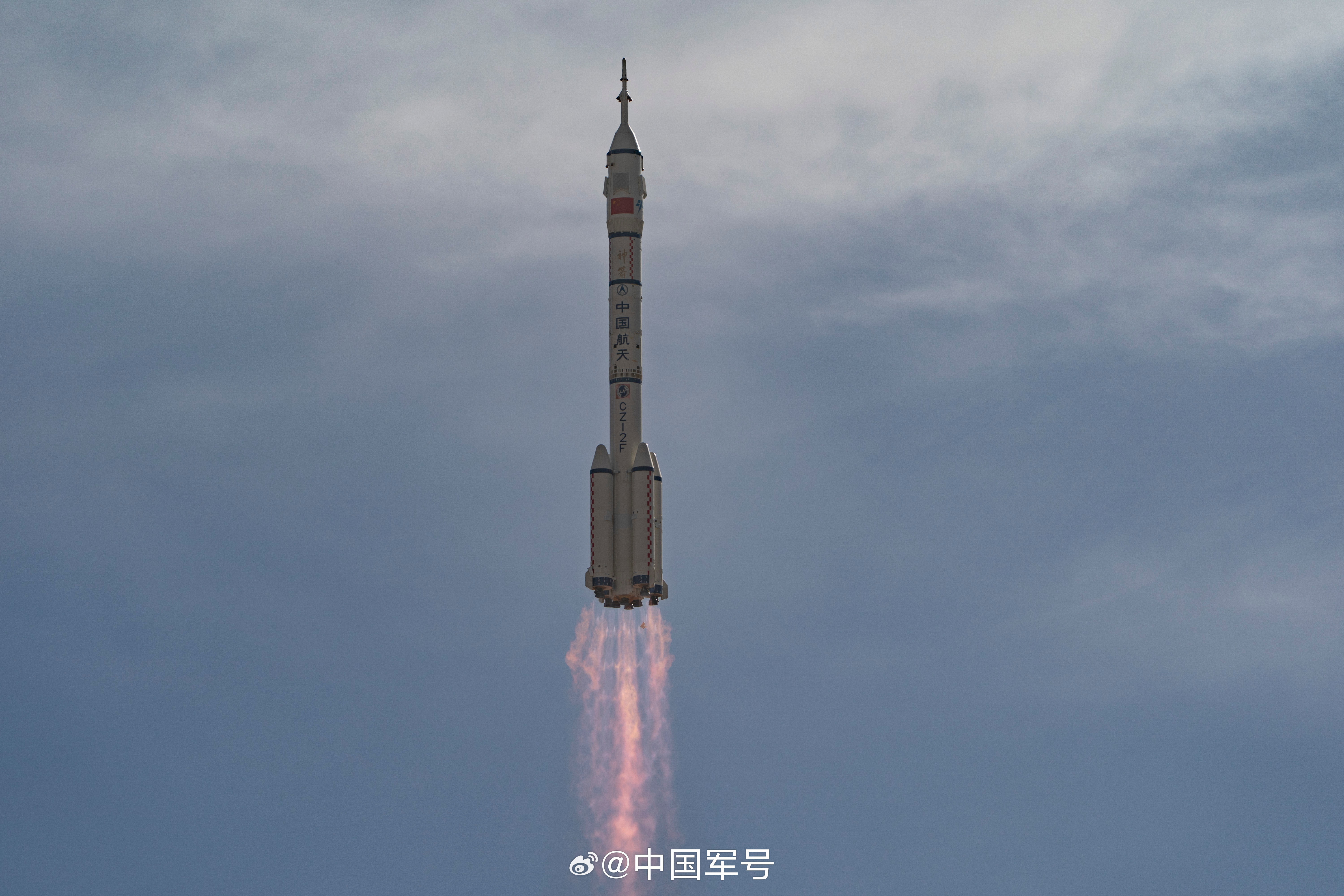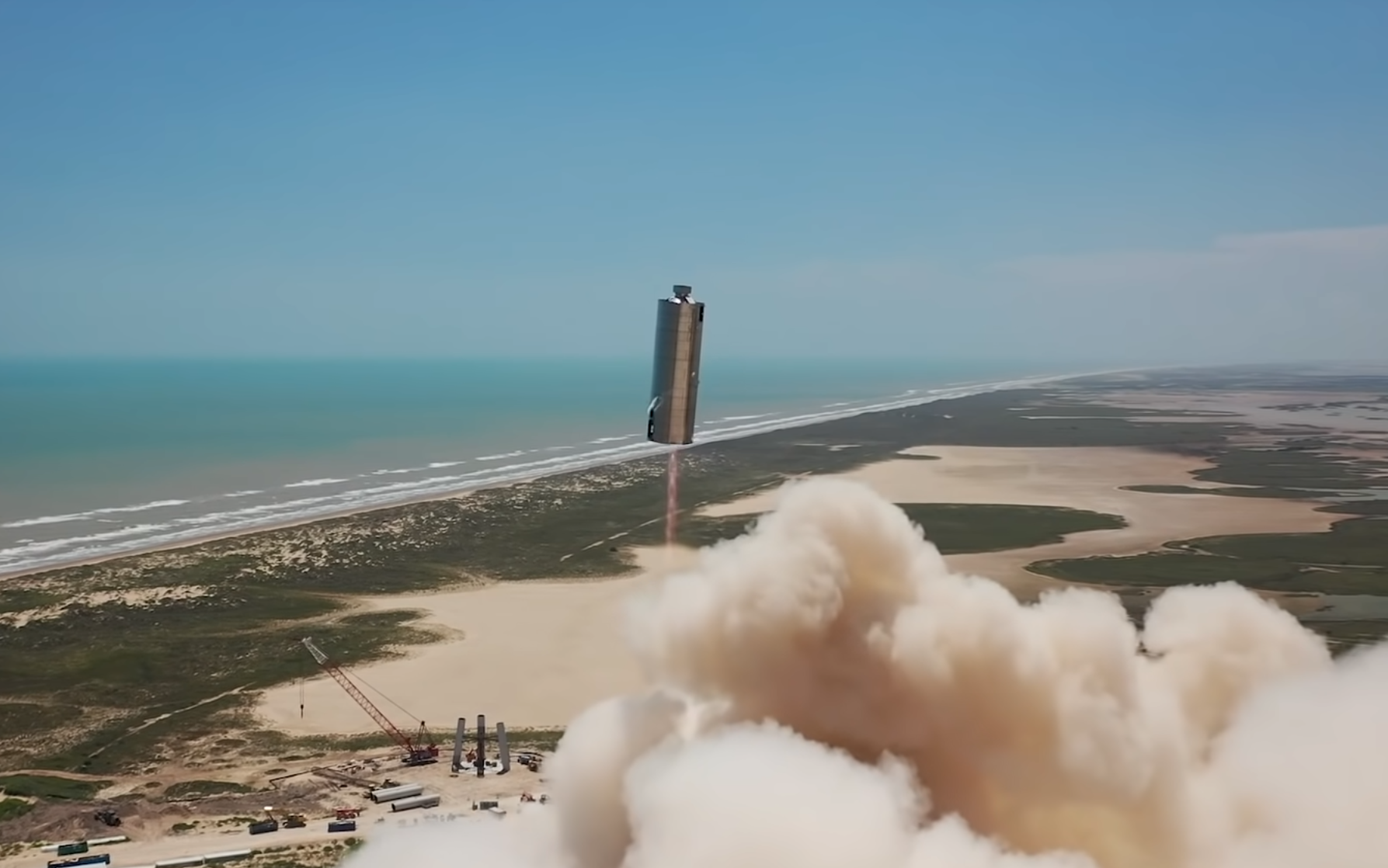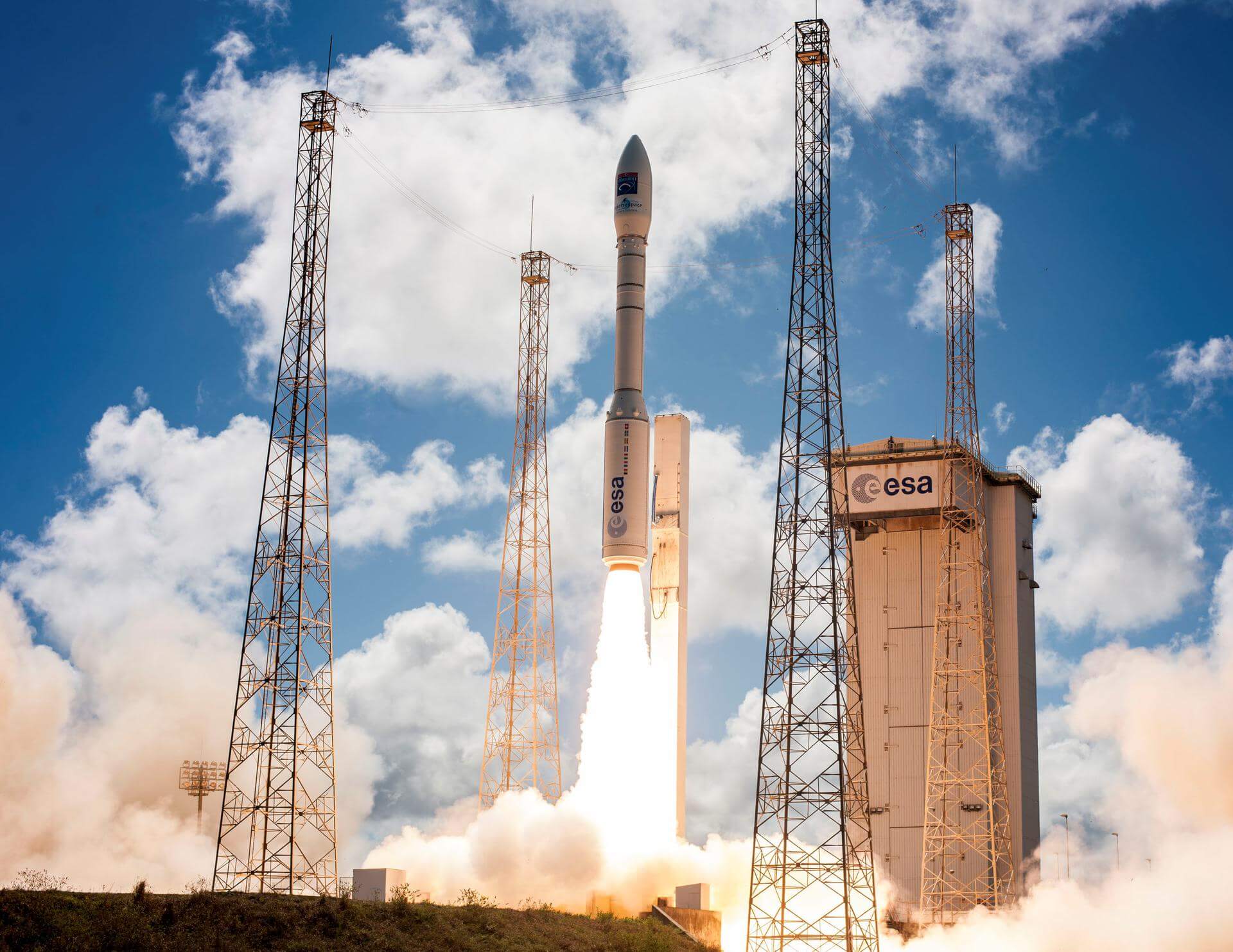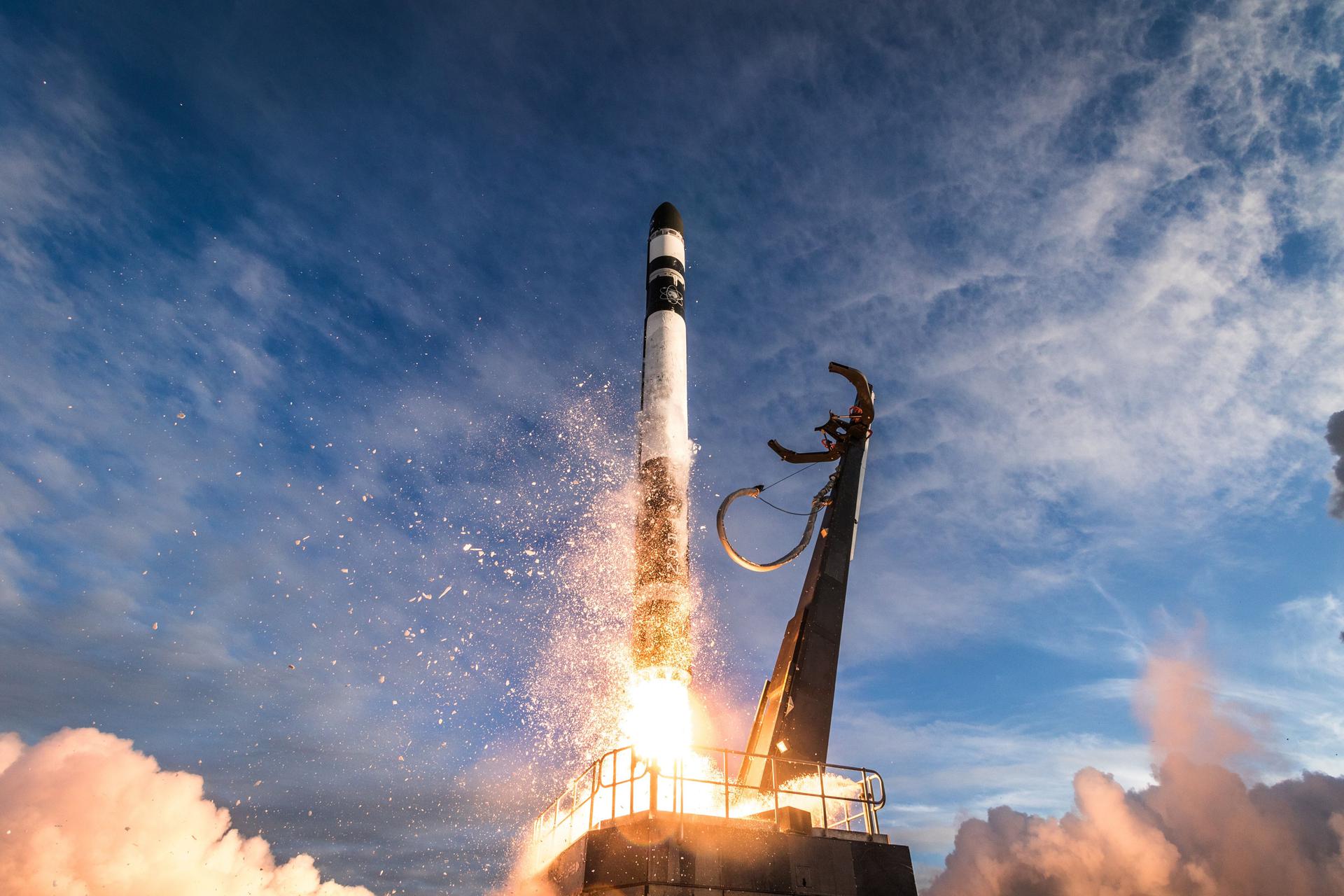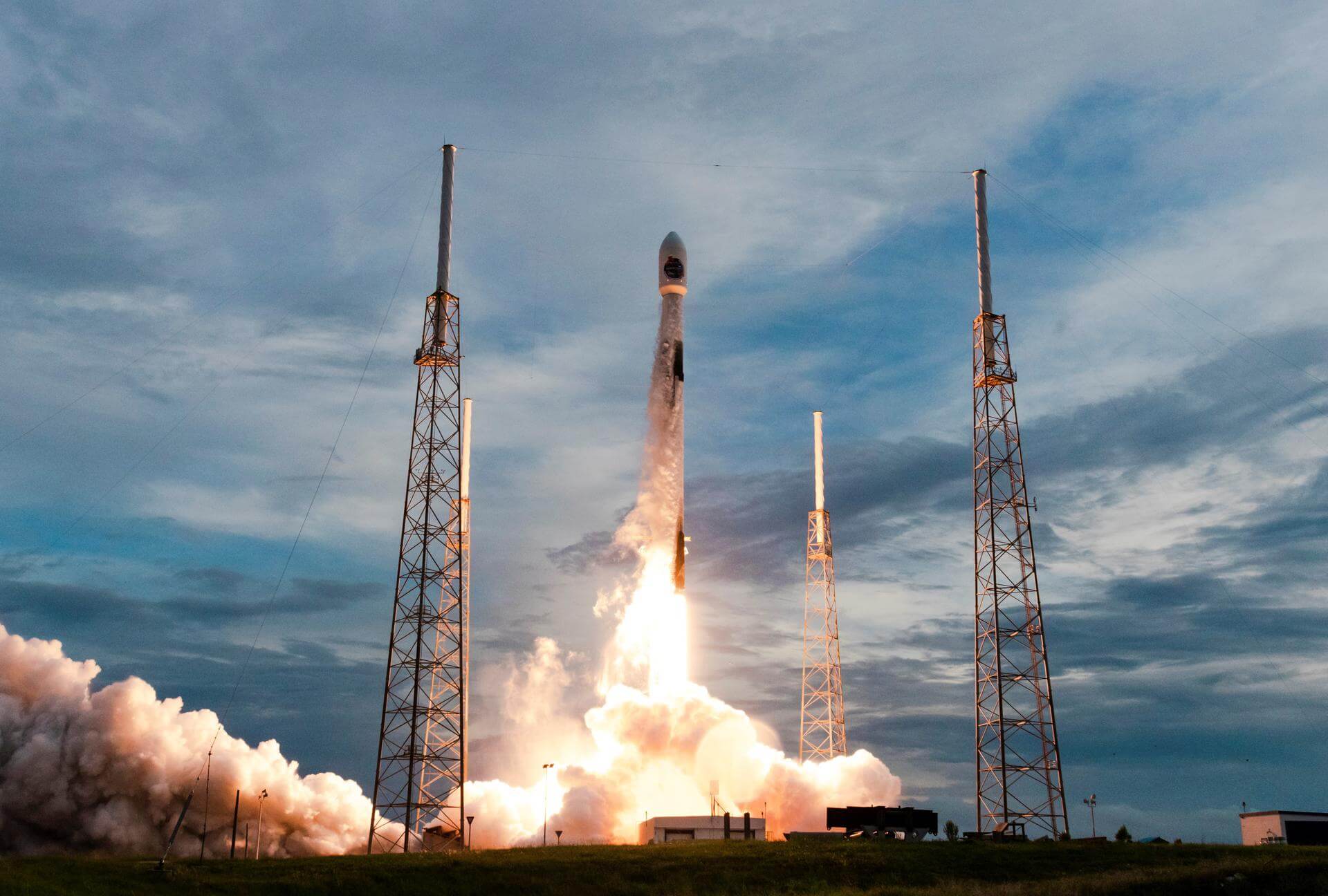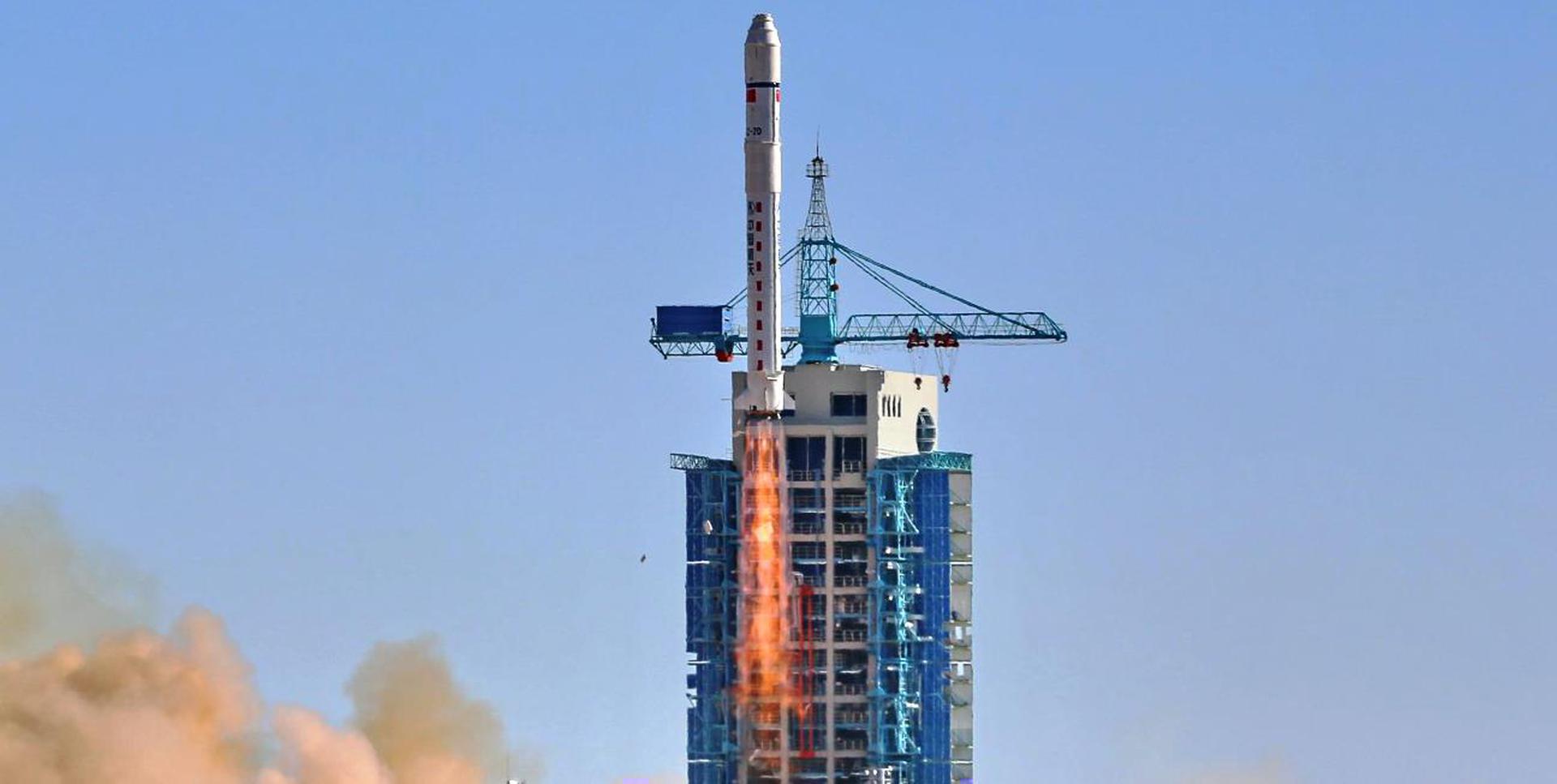Previous Spaceflight Launches
Filter by Agency, Locations or Vehicles
Show All LaunchesKuaizhou 1A | Jilin-1-02C
ExPace | ChinaJiuquan Satellite Launch Center, People's Republic of China
Sept. 12, 2020, 5:02 a.m.
Astra Rocket 3.1 | Maiden Flight
Astra Space | United States of AmericaPacific Spaceport Complex, Alaska, USA
Sept. 12, 2020, 3:19 a.m.
Long March 4B | Gaofen-11-02
China Aerospace Science and Technology Corporation | ChinaTaiyuan Satellite Launch Center, People's Republic of China
Sept. 7, 2020, 5:57 a.m.
Status: Launch Successful
Mission:
Gaofen is a series of civilian Earth observation satellites developed and launched for the China High-definition Earth Observation System (CHEOS), a state-sponsored programme aimed to develop a near-real time, all-weather, global surveillance network consisting of satellite, near-space (stratosphere) airships, and aerial observation platforms.
Sun-Synchronous OrbitLong March 2F/G | Chinese Reusable Space Vehicle
China Aerospace Science and Technology Corporation | ChinaJiuquan Satellite Launch Center, People's Republic of China
Sept. 4, 2020, 7:30 a.m.
Status: Launch Successful
Mission:
The payload is an experimental reusable spacecraft. It is rumored to be a prototype of a reusable spaceplane (similar to Boeing X-37B vehicle). The spacecraft stayed in orbit for two days and returned to Earth on September 6. Though the landing site was not disclosed, the spacecraft is presumed to have landed at an airbase near Lop Nor nuclear test site.
Low Earth OrbitStarship SN6 | 150m Hop
SpaceX | United States of AmericaSpaceX Starbase, TX, USA
Sept. 3, 2020, 5:48 p.m.
Falcon 9 Block 5 | Starlink 11
SpaceX | United States of AmericaKennedy Space Center, FL, USA
Sept. 3, 2020, 12:46 p.m.
Vega | SSMS PoC
Avio S.p.A | ItalyGuiana Space Centre, French Guiana
Sept. 3, 2020, 1:51 a.m.
Status: Launch Successful
Mission:
The Vega POC (Proof Of Concept) flight will be the first mission of the SSMS (Small Spacecraft Mission Service), a modular carbon fiber dispenser, a program initiated by ESA in 2016, with the contribution of the European Commission. For all the European partners involved, its purpose is to address the burgeoning institutional and commercial small spacecraft market with a new rideshare concept. Payload includes dozens of satellites: Athena, ION CubeSat Carrier, ESAIL, NEMO-HD, GHGSat C1, six Flock-v cubesats, several Lemur-2 cubesats, twelve SpaceBEE nanosats, FSSCat A & B, RTAF-Sat, DIDO 3, IGOSat, PICASSO, PINO, PIXL, QARMAN, SIMBA, TRISAT, Casaa-Sat, TTU-100, and more.
Sun-Synchronous Orbit #VV16Electron | I Can’t Believe It’s Not Optical (Capella 2 & First Light)
Rocket Lab | United States of AmericaRocket Lab Launch Complex 1, Mahia Peninsula, New Zealand
Aug. 31, 2020, 3:05 a.m.
Status: Launch Successful
Mission:
This return to flight mission is dedicated for Capella Space, an information services company providing Earth observation data on demand. Capella’s payload, ‘Sequoia’, is a single 100 kg class microsatellite which will be the first publicly available satellite in the company’s commercial Synthetic Aperture Radar (SAR) constellation. By positioning the satellite to a 45-degree inclination, Capella Space will maximize coverage over important areas such as the Middle East, Korea, Japan, Europe, South East Asia, Africa, and the U.S. The mission name is a nod to Capella’s SAR technology that provides high quality images of the Earth day or night, and in any weather conditions, as well as a nod to the infamous advertisement campaign for “I Can’t Believe It’s Not Butter”. Capella’s space-based radar can detect sub-0.5 meter changes on the surface of the Earth, providing insights and data that can be used for security, agricultural and infrastructure monitoring, as well as disaster response and recovery.
Low Earth OrbitFalcon 9 Block 5 | SAOCOM 1B
SpaceX | United States of AmericaCape Canaveral SFS, FL, USA
Aug. 30, 2020, 11:18 p.m.
Status: Launch Successful
Mission:
The SAOCOM 1B spacecraft is the second of the two SAOCOM constellation satellites. It is tasked with hydrology and land observation, and will also operate jointly with the Italian COSMO-SkyMed constellation in X-band to provide frequent information relevant for emergency management. Two rideshare payloads are present - Tyvak-0172 and PlanetiQ’s GNOMES-1.
Sun-Synchronous Orbit B1059 - Flight Proven ( ) Landing Zone 1Long March 2D | Gaofen-9-05
China Aerospace Science and Technology Corporation | ChinaJiuquan Satellite Launch Center, People's Republic of China
Aug. 23, 2020, 2:27 a.m.
Status: Launch Successful
Mission:
Gaofen is a series of civilian Earth observation satellites developed and launched for the China High-definition Earth Observation System (CHEOS), a state-sponsored programme aimed to develop a near-real time, all-weather, global surveillance network consisting of satellite, near-space (stratosphere) airships, and aerial observation platforms.
Sun-Synchronous Orbit